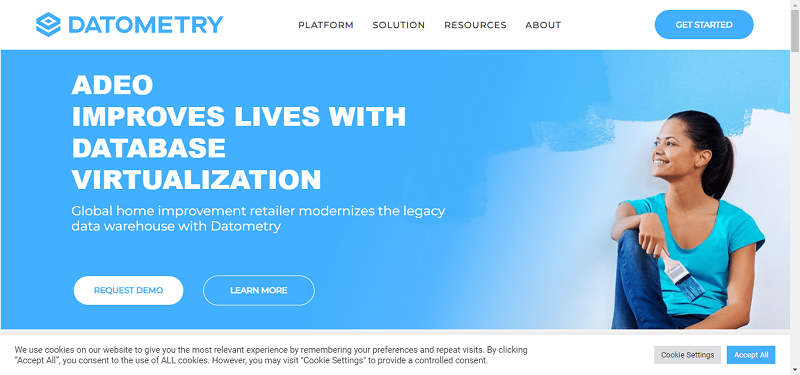A case can be made that every company is now a data company. But, it is the effective use of data and not amassing stockpiles of archived data that counts.
The advent of big data inspired many businesses to ride the data intelligence wave. While businesses across verticals bought into the idea of big data, what they were doing was hoarding massive sets of raw data. The hype had their attention, but they were not fully prepared. And their real challenge today is – how to unlock meaningful insights from this data haystack?
It’s about time businesses move from gathering massive amounts of data to using this data to arrive at better business decisions. It starts with fixing data hoarding and then being able to leverage data intelligence wisely.
Cross industry surveys from the likes of McKinsey prove that only a few companies have right out of the gate managed to achieve significant business impact from their investments in big data analytics. What really distinguishes one competitive business from the next is how it uses its own data.

If your business struggles with data collation and isn’t getting desired ROI from your investment and efforts, there is no need to panic and take short-sighted decisions, unless you want your competition to benefit from your impatience.
Now is the time to take advantage of inexpensive data storage, IoT data streams and availability of affordable and simple to deploy artificial intelligence (AI), Machine Learning and cloud analytics tools. These technologies make it easier for your business to capture the right data at the right time with more meaningful insights, to get the right business outcomes.
There is strong merit in leveraging these new opportunities as this clearly adds to your competitive advantage. Tangible evidence suggests that data-driven businesses clearly outperform competition and they are twice or thrice as likely to better succeed in achieving greater sales performance, deeper customer engagement, higher employee productivity, better marketing effectiveness and other desired organizational performance metrics.
A recently published article in The Economist rightly says, “the world’s most valuable resource is no longer oil, but data.” But, only when data is organized and easy to access. Turning data into corporate value requires having a solid data Management Strategy. Today’s modern business deals with plenty of distributed data that resides and emanates from multiple silos. These include, but are not limited to, data centers, global branch offices, CRMs, public clouds, private cloud, IoT sensors and SaaS platforms.
With some initial expert help and cloud-based AI or analytics services, your business can organize and process such siloed data from disparate sources. Deploying affordable and flexible data analytics tools helps figure out what’s valuable, also making it more accessible. Possibilities go beyond making the data usable. Companies and entrepreneurs can also benefit from powerful (yet affordable) predictive analytics tools, which let you build frameworks to extract greater ROI.
For example, a leading retail store was in the news for creatively targeting pregnant women even before they became mothers! By mining nuggets of useful data from their shopping patterns, this retail store managed to strengthen engagement and increase value capture with expectant mothers. Such Data mining and predictive analytics tools let you identify and tap into many such opportunities that may otherwise go unnoticed.
Building data intelligence into your organization starts with data organization and assessment. Organized data can provide predictive insights, a deeper understanding of your customers, risks and opportunities, and also helps arrive at better business decisions.
By Rick Braddy





